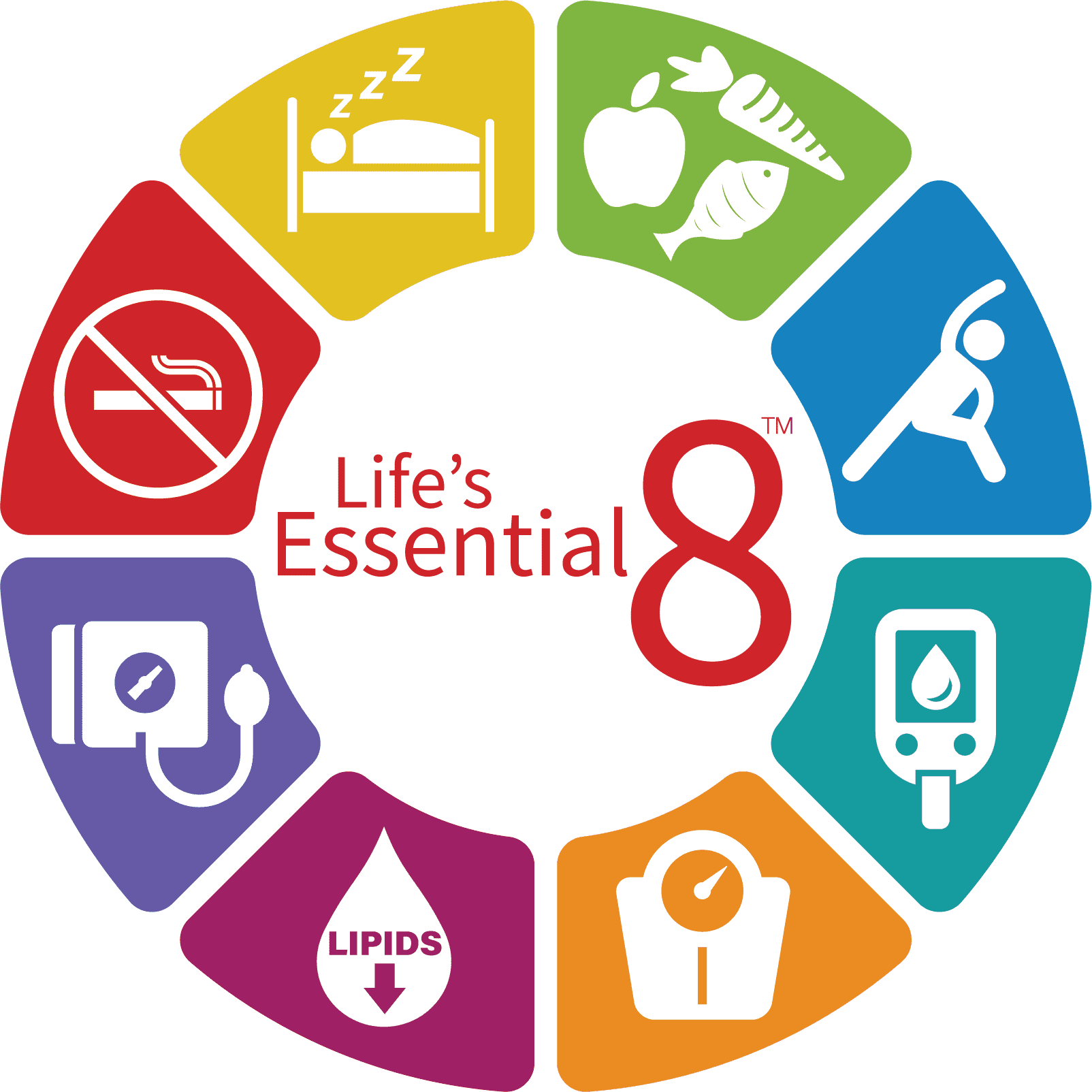By Heather Shannon, MS, CNM, NP, MPH
Before we discuss the Human Papillomavirus (HPV) vaccine, we need to understand more about HPV. According to the Center for Disease Control (CDC), there are 100 different types of HPV strains and at least 40 that infect the oropharyngeal (mouth, throat and neck) and the genitals (cervix, vagina, vulva, anus and penis). We know High Risk (HR) HPV strains 16 and 18 cause 66 percent of all cervical cancers, where Low Risk (LR) HPV strains 6 and 11 cause 90 percent of all genital warts. We also know that most everyone who is or has been sexually active have become infected with the virus at least once.
How can that be so? HPV does not cause any symptoms, unlike usual infections that cause pain, irritation, odor or discharge. In fact, to know about potential exposure, women need a culture of their cervix, which is done alone or along with your pap smear. When you have both a pap smear and HPV testing, it is known as co-testing. Most people will “clear” the infection without any symptoms or knowledge of having it. If the infection does not “clear,” then genital warts, pre-cancers of the cervix, penis, anus, throat and mouth might develop. Because of this, it is important to keep up with your annual checkups and follow your health care provider recommendations.
Sexual partners tend to share HPV. Unfortunately, it is not possible to determine which partner or when the initial exposure had taken place. Having HPV does not mean your partner is having sex outside the relationship. However, it does mean you and your partner need to be established in medical care and maintain good health. Keeping your immune system strong will help your body fight HPV and your health care provider can help you with this.
Screening:
When should I start getting my pap smear or co-testing?According to the American Society for Colposcopy and Cervical Pathology (ASCCP), United States Preventive Services Task Force (USPSTF) Consensus Screening Guidelines and American College of Obstetrics and Gynecologists (ACOG), women should have recommended cervical cancer screening as outlined below:
- <21: no screening – even if sexually active
- Age 21-29: a pap smear alone every three years or HPV screen alone every five years
- Age 30-65: co-testing every five years or pap only every three years until the age of 65
- >65: no longer need screening if there is no cervical cancer history or severe cervical dysplasia and have had adequate screenings
- >65: continue screening for at least 20 years with cervical cancer history or more severe cervical dysplasia
- Hysterectomy: no screening unless history of cervical cancer or more severe cervical dysplasia
Prevention:
The best way to prevent HPV is through abstinence (both oral and intercourse). However, studies have proven HPV vaccines will protect from most cervical cancer strains. Correct condom use will also help protect from HPV exposure and infection. However, when using a condom, contact with any exposed skin may still put a person at risk for getting HPV. Lastly, limiting the number of sexual partners can reduce your risk. However, having sex just once, you can still get HPV.
Currently, there is only one licensed HPV vaccine in the United States: Gardasil-9. The vaccine protects against strains 6, 11, 16, 18, 31, 33, 45, 52 and 58. Two doses of the HPV vaccine are recommended for all boys and girls at ages 11-12 and can be given as early as age 9. If they are older, they may need three doses instead of two. Children who get the vaccine series after their 15th birthday will need three shots given over 6 months. Side effects are minimal and are usually minor, such as pain and redness at the injection site, headache and nausea. Fainting and dizziness may occur, but is unlikely. Please talk with your child’s health care provider for more information about getting the HPV vaccine.
In October 2018, the FDA approved the Gardasil-9 vaccine for men and women up to the age of 45. If you already have HPV, this vaccine will still be helpful against the other strains of HPV covered in the vaccine. You will need to check your insurance company for coverage. Not all carriers have implemented the policy update. Currently, HPV vaccines are not approved in pregnancy.
Exposure to HPV can result in serious health conditions. It is always best to talk to your health care provider about your risk, protecting yourself and getting the vaccine.
For more information:
FDA: https://www.fda.gov/consumers/women/hpv-human-papillomavirus
CDC: https://www.cdc.gov/hpv/parents/vaccine.html
ACOG: https://www.acog.org/Clinical-Guidance-and-Publications/Practice-Advisories/FDA-Approval-of-9-valent-HPV-Vaccine-for-Use-in-Women-and-Men-Age-27-45





